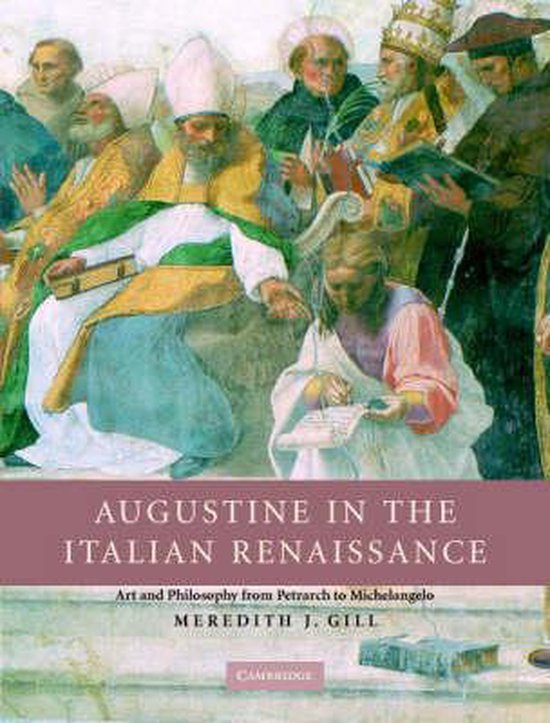De Boeken van Wouter
Augustine in the Italian Renaissance
Augustine in the Italian Renaissance
No se pudo cargar la disponibilidad de retiro
Verzending is beschikbaar op maandag en vrijdag
Meestal verzonden binnen 1–4 dagen na bestelling
4 boeken kopen = 3 betalen
Gratis verzending vanaf €25
Titel: Augustine in the Italian Renaissance
Schrijver: Meredith J. Gill
Bindingswijze: Hardcover
EAN: 9780521832144
Conditie: Goed
Let op: Hieronder staat een algemene beschrijving van hoe wij onze conditietypes classificeren. Als u een nauwkeuriger beeld wilt of specifieke vragen heeft, stuur ons dan een bericht en we kijken het graag voor u na.
Conditie-omschrijvingen:
- Als Nieuw: Nauwelijks gebruikssporen, bijna als nieuw.
- Goed: Kan lichte gebruikssporen vertonen, zoals wat verkleuring of een naam op de schutbladen, maar doorgaans geen onderstrepingen of aantekeningen in de tekst.
- Redelijk: Boek in redelijke staat. Kan gebruikssporen vertonen, zoals verkleuring, leesvouwen in de rug, onderstrepingen, aantekeningen, lichte vervuiling aan de randen, ezelsoren of een kromme rug.
- Nieuw: Boek is nieuw.
Beschrijving:
The late antique Church father, Augustine, fascinated writers of the Italian Renaissance. They perceived him to be a conduit of classical and Christian truths, and an example of the life of the intellect reconciled to a life of faith. This book traces the availability and the reception of Augustine from the fourteenth to the mid-sixteenth century, and discusses the saint's influence on thinkers and humanists, such as Petrarch, as well as his representation in works of art. The religious order who claims him as their founder sponsored several major fresco cycles portraying the life of the saint, while, in single portraits, artists alluded to Augustine's aesthetic theory as it was manifest in his concept of divine illumination. The Sistine Chapel represents the fulfillment of his theological and philosophical legacy, one that began in the fifteenth century and extended through the completion of Michelangelo's 'Last Judgment'.
Share

